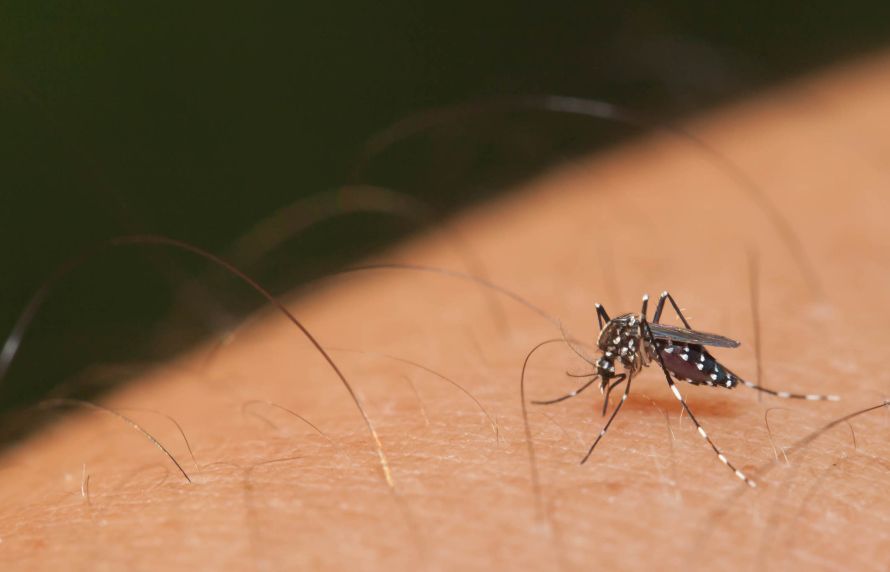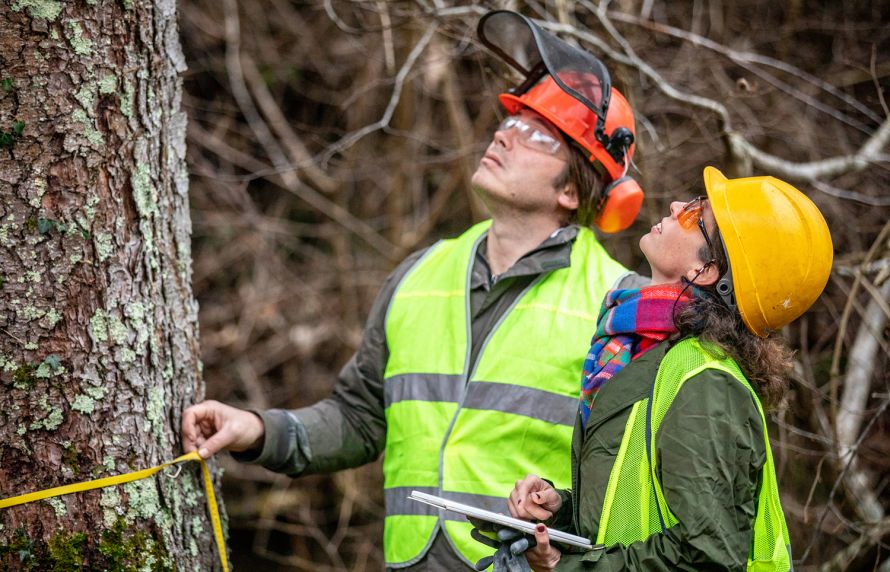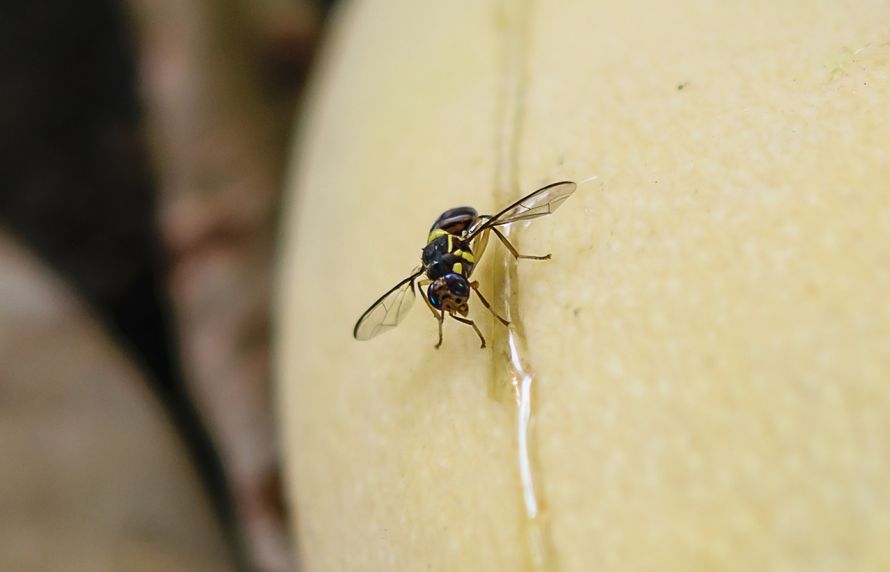Reducing added sugars in food is one of the main strategies for preventing obesity and diabetes. ANSES has produced a comprehensive report on trends in the use of sweetening ingredients or ingredients conveying sweetness – sugar, glucose, glucose-fructose syrups, honey, fruit juices, caramel, artificial sweeteners, etc. – in beverages and processed foods. It examined the ingredient lists on more than 54,000 products on the market between 2008 and 2020, identified by OQALI, the French Food Observatory. This report shows that the majority of products, even savoury products, contained at least one sweetening ingredient or ingredient conveying sweetness. However, the Agency notes a decline in the use of sweetening ingredients over the last 10 years, particularly sugar syrups and artificial sweeteners. ANSES also stresses that it is possible to further reduce the use of sweetening ingredients in products.








